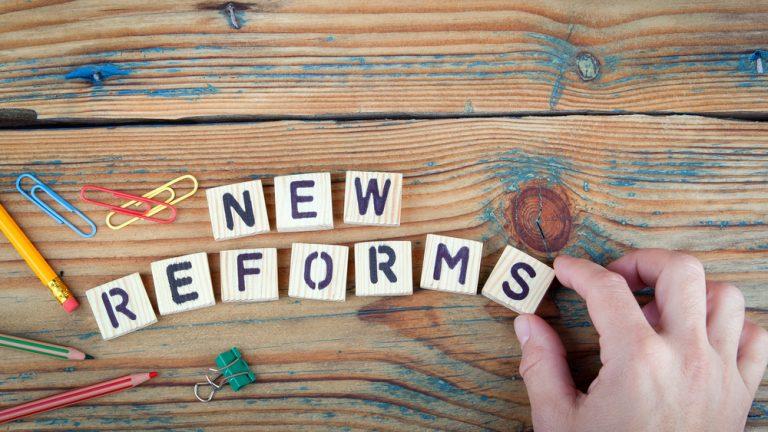
Reasons to cheer for financial reform

Tune in: Hear me explain the law on national radio’s The Takeaway
Tune in: Hear me discuss The Office of Financial Literacy on Marketplace
*Update: As of Wednesday, July 21, President Obama signed the bill into law. Hooray!
I’m thrilled (and relieved!) that the financial reform bill passed yesterday. As the first of its kind since the Great Depression, this reform is more than a step—it’s an Olympic long-jump—in the right direction.
And even though the law’s not perfect, it means lots of good stuff for you. If you’ve ever used a credit card, saved for a home, or gotten a student loan, be thankful. Because of the law, it just got a whole lot harder for banks and major financial institutions to wreck your financial life with abusive lending practices of the past. And for the first time in our country’s history, there will be one federal office whose mission is to protect consumers from dangerous financial products.
Here’s what you can look forward to:
-
- You’ll be better protected from dangerous loans. The new Consumer Financial Protection Bureau will oversee loans, mortgages, and credit cards—and prevent the lending abuses that led to the financial crisis.
-
- You won’t need a Ph.D. to read your credit card agreement. The new bureau will also be responsible for making sure that disclosures are written in plain English.
-
- You’ll know why you’re turned down for a loan. If you’re denied a loan or a job due to credit reasons, you’ll be able to find out your credit score for free.
-
- There’s a crackdown on private student loans. (Hallelujah!) These loans carry high, variable interest rates, and have few repayment options—meaning grads are often stuck and out of luck. This industry will get some serious scrutiny.
-
- Fewer predatory mortgages. The law bans mortgage prepayment penalties and bonuses for brokers who push homebuyers into pricey loans.
-
- No more liars’ loans. In the Wild West of the housing boom, many lenders didn’t require you to prove your income in order to get a mortgage. As a result, people wound up owing homes they couldn’t afford. Now, the barriers to homeownership will be a tougher—and that’s a good thing for everyone.
-
- Help for unemployed homeowners. If you’re on the verge of foreclosure, and you have good credit, you may be eligible for low-interest loans. The money will come from the funds that had been set aside to bail out banks and major financial institutions.
-
- A push for financial literacy. The law creates an Office of Financial Literacy charged with studying our country’s knowledge of money management (or lack thereof). Given that financial illiteracy is often a huge reason why people go bankrupt, or are forced to foreclose, this is a huge step in the right direction. If you have to take driver’s ed, why not financial ed?
-
- There’s a plan in place to make sure the system never fails again. A new council led by the Treasury will monitor any threats to our financial system to prevent what got us here in the first place.
Congrats to Congress for making consumer safety a priority. And now it’s time for We the Consumers to do our part—to stay informed about our options and to make the best choices for our financial lives.
What are your thoughts on the law?

